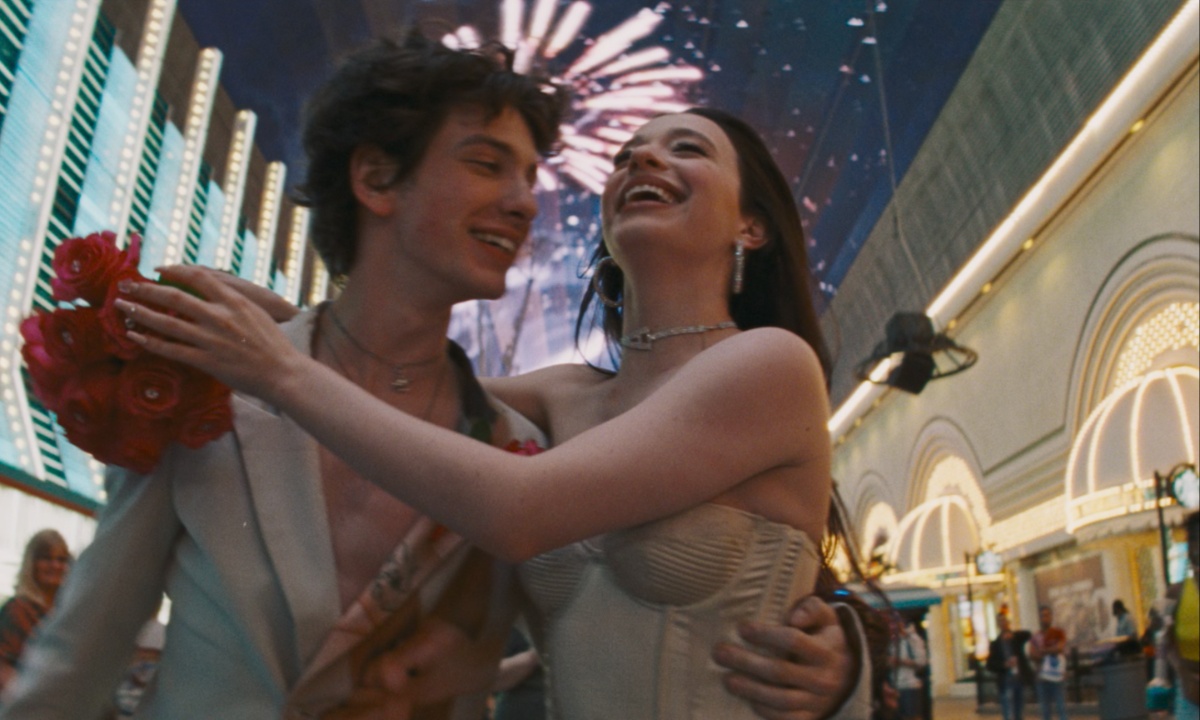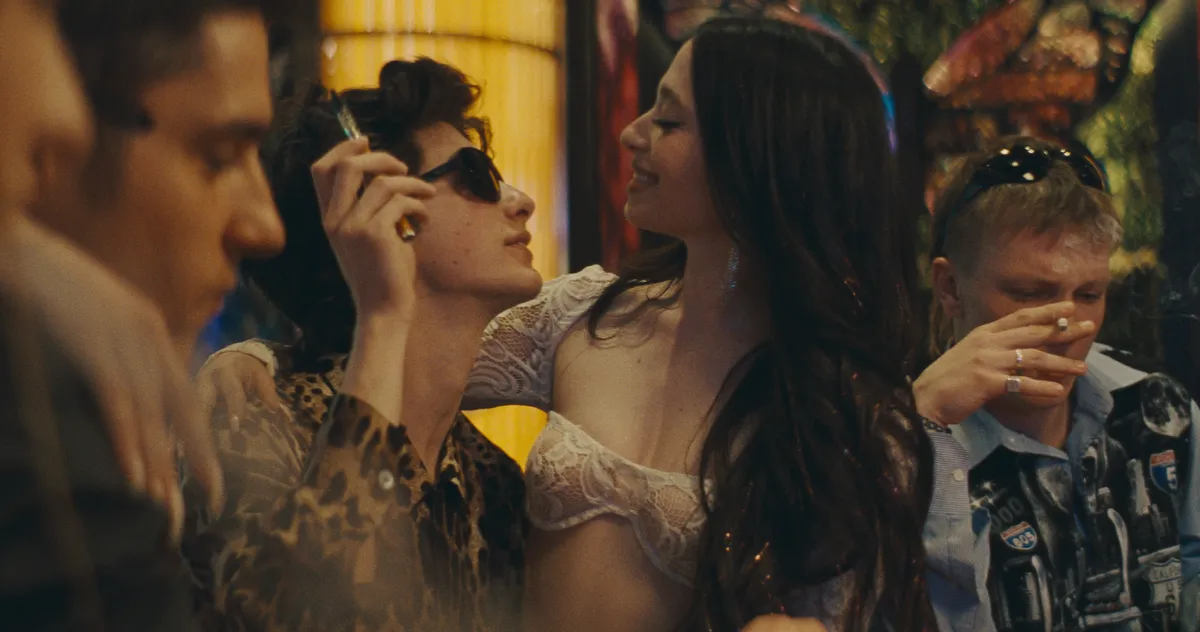Sean Baker’s film Anora has emerged as a dominant force in the awards circuit, securing six Oscar nominations, including Best Picture, Best Director, and Best Original Screenplay. Lead actress Mikey Madison and supporting actor Yura Borisov have also received individual nominations. The film previously won the Palme d’Or at the Cannes Film Festival and has garnered accolades from the Film Independent Spirit Awards, Critics Choice Awards, and the Los Angeles Film Critics Association.
Despite its critical acclaim, Anora has divided audiences due to its abrupt tonal shifts and ambiguous ending. Many viewers have been left puzzled by the final scene, questioning the emotional breakdown of the protagonist, Ani, and the film’s ultimate message. The movie’s unconventional storytelling and layered themes have sparked debates about its deeper meaning.
Ani’s Journey Through Love Power and Survival in a Ruthless Elite World
The film follows Ani, a 23-year-old exotic dancer and sex worker living in Brooklyn’s Brighton Beach, a neighborhood with a large Russian immigrant population. She meets Ivan “Vanya” Zakharov, a wealthy but immature son of a Russian oligarch, who is more interested in partying than studying in the U.S. Vanya begins a transactional relationship with Ani before eventually proposing marriage to secure a green card and escape his father’s control.

Swept up in Vanya’s luxurious lifestyle, Ani agrees to the marriage and moves into his mansion. However, Vanya’s parents strongly disapprove and send his godfather, Toros, along with henchmen Garnik and Igor, to force an annulment. Ani refuses, declaring her love for Vanya, despite being offered $10,000 to end the marriage. With Vanya missing, the group searches Brooklyn’s nightlife to find him.
Once found, Vanya, heavily intoxicated, shows no resistance to the annulment. At the airport, his powerful parents, Nikolai and Galina, decisively reject Ani, making it clear she is not welcome in their elite world. Vanya, without hesitation, agrees to end the marriage, leaving Ani heartbroken. She considers a divorce to claim part of his fortune, but Galina intimidates her into submission, demonstrating the oligarchs’ absolute power over her fate.
Igor, the only one who has shown Ani any kindness, is tasked with escorting her back to New York. Initially cold towards him, she softens when he returns her wedding ring and gives her the money she was promised. Overwhelmed by the events of the past two days, she initiates sex with him. However, when Igor tries to kiss her, she recoils, reinforcing her need to maintain control over her own body.
Anora’s Ending: Love, Exploitation, and the Illusion of Social Mobility
Director Sean Baker intentionally leaves Anora’s ending open to interpretation. Some believe Ani develops genuine feelings for Igor, while others view her breakdown as an existential crisis, struggling with the reality of her exploitation. The film explores themes of class disparity, power dynamics, and the illusion of social mobility. Ani’s desire is not for love but for financial security and control over her life, something she realizes she can never truly attain within the oligarchs’ world.
Baker has cited Federico Fellini’s Nights of Cabiria as an inspiration for Anora’s final scene. Ani’s single tear as she collapses into Igor’s arms mirrors the classic film’s emotional climax, where a sex worker realizes she has been deceived and discarded. This moment encapsulates Ani’s disillusionment and the crushing weight of her failed attempt to escape her socioeconomic reality.
For those interested in experiencing Anora, the film is available for rental or purchase on Amazon Prime and Apple TV+. Its intricate narrative, stellar performances, and thought-provoking themes make it a must-watch, even as it continues to spark discussions about its ambiguous conclusion.



